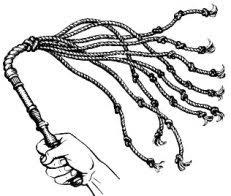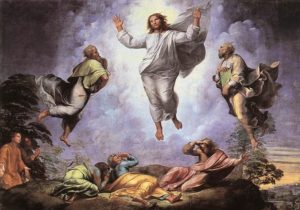
Today’s Reading: John 5
Good morning friends. I’m writing to you this week from my kitchen table as I watch snow flakes fall and the wind blow. The change of season is such a powerful reminder for me of God’s presence in our world. I’m appreciative of the quiet beauty as I study! Today’s scripture from John 5 has two major themes. First, we have the healing of a lame man, which is further evidence that John provides to show that Jesus is the true Messiah. The second major theme is Jesus’ claim to be the son of God. We begin with Jesus in Jerusalem for a Jewish festival. There he finds a man lying on the ground who has been disabled for 38 years. When Jesus sees him lying there he says,
“Do you want to get well?”
“Sir, the invalid replied, I have no one to get me into the pool when the water is stirred. While I am trying to get in, someone else goes down ahead of me!” John, 5:6-7
After 38 long years, the man’s problem had become a way of life for him. He was left with no hope of being healed as no one had ever offered to help him. How often do we decide that our situation is permanent? Do we give up hope when faced with hardship or continued defeat? No matter how trapped we may feel, God can minister to our specific need. When Jesus asks the man if he wants to be well, we expect him to respond with a resounding “Yes!” but he doesn’t. Instead he complains to Jesus that no one has helped him. When I read that, I was quick to judge the man. But when I really thought about it, I realized that I certainly have this kind of pessimism in my nature. It is often difficult to accept help even when you know that you need it. Are there moments in my day that Jesus is present and offering help? Are there times that I feel hopeless and helpless and Jesus is standing there ready to intervene? It’s tempting to think that God’s healing depends upon the quality of our faith. But the man whom Jesus heals showed no outward sign of faith. He was still worthy of a miracle.
Later, Jesus encounters the healed man in the temple. The man shares that it was Jesus that healed him and the Jewish authorities are enraged. When Jesus tells them that he is simply doing the work of his Father, it makes matters worse. Jesus was identifying himself with God. Although the Pharisees also called God their Father, they realized that Jesus was claiming the distinction of being equal with God. Jesus says:
“Do not be amazed at this, for a time is coming when all who are in their graves will hear his voice and come out-those who have done what is good will rise to live, and those who have done what is evil will rise to be condemned. By myself I can do nothing, I judge only as I hear, and my judgement is just, for I seek not to please myself but him who sent me.” John 5:28-30
With these words, Jesus establishes his true identity despite the inherent risk of persecution and what he knows will result in his eventual death. The Old Testament identifies three signs of the coming Messiah. John shows that Jesus has fulfilled all three signs in this chapter:
- All power and authority are given to him as the Son of Man
- The lame and the sick are healed
- The dead are raised to life
Jesus is quite simply saying that to accept him is life and to reject him is death. He’s inviting us to enter in to a new relationship with Him in which we are obedient. It means that we accept a way of life that may be difficult at times and require sacrifice but will end in eternal life. As I prepare for a new week, I’m aware that I am often more like the man at the pool than I am a fearless and obedient Christ follower. I love that today’s scripture brings us the solid evidence that Jesus is the Messiah. He is our Messiah. I hope His words bring you joy and hope as you re-commit yourself to Him. Have a great week!








